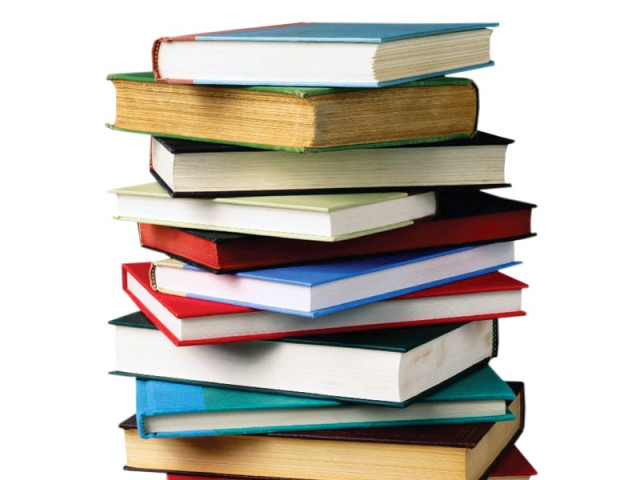Neglected culture: Readings bring to fore lost folk tales
Literary event at Kuch Khaas recalls folk stories from Sindh to K-P.

Literary event at Kuch Khaas recalls folk stories from Sindh to K-P. PHOTO: FILE
Folk tales rekindled love for literature as legendary characters came to life during a literary session at Kuch Khaas on Tuesday evening. Organised by the Asian Study Group, the event “Folk tales to contemporary: poetry and prose” comprised members of Theatre Wallay who read out English poetry and prose to appeal to a mixed audience of locals and foreigners.
Nuanced with romance, humor or tragedy, each piece offered something to ponder upon, to reflect and to immerse in. Although the panel read out from paper, they managed to hold the essence of the tales, garnering appreciation and praise.
Tajdar Zaidi, who moderated the panel, said the event was aimed at offering insight into folk traditions.
“While reading through the folk tales, I realised the intensity of emotions of the female characters. The way (a female character) feels for her beloved is the same as a Sufi’s devotion for God. That is why we find these characters so powerful and passionate,” he said.
Zaidi read out the famous Balochi folk tale of “Hani and Shah Mureed” which is believed to be written in the 15th century and prized as an eternal love story as the verse underlines, “Ta jahan ast, Shah Mureed ast” (Until the living world, Shah Mureed remains immortal.) Zaidi also read out an anecdotal account of two brothers “Naikay and Badday” from Swat, that had the audience laughing in stitches.
Fizza Hasan read out an extract from Waris Shah’s “Ranjha”, wherein Heer goes with her friends to a lake and finds Ranjha slumbering in a boat. Hasan also read out the story of Baba Ghundi, a mythical tale encompassing wizards, dungeons and dragons from the mountain side in Chuparsan village in Hunza.
Rabia Pasha read out the scene of Heer and Ranjha’s meeting in a forest, the intense connection and the ensuing conversation. Pasha also read out extracts from Sindhi poet Shah Abdul Latif Bhittai’s “Sassi Panoo,” an ode to everlasting and unconditional love.
Ayesha, an audience member, remarked that the current generation had very little exposure to folk tales and so it was important to revive and preserve the tradition. “They don’t teach this stuff at schools but I wish they did. It should be introduced as a compulsory component of our rich history in the curriculum. Even other than that, it’s a beautiful form of storytelling,” she added.
Published in The Express Tribune, October 24th, 2013.



















COMMENTS
Comments are moderated and generally will be posted if they are on-topic and not abusive.
For more information, please see our Comments FAQ